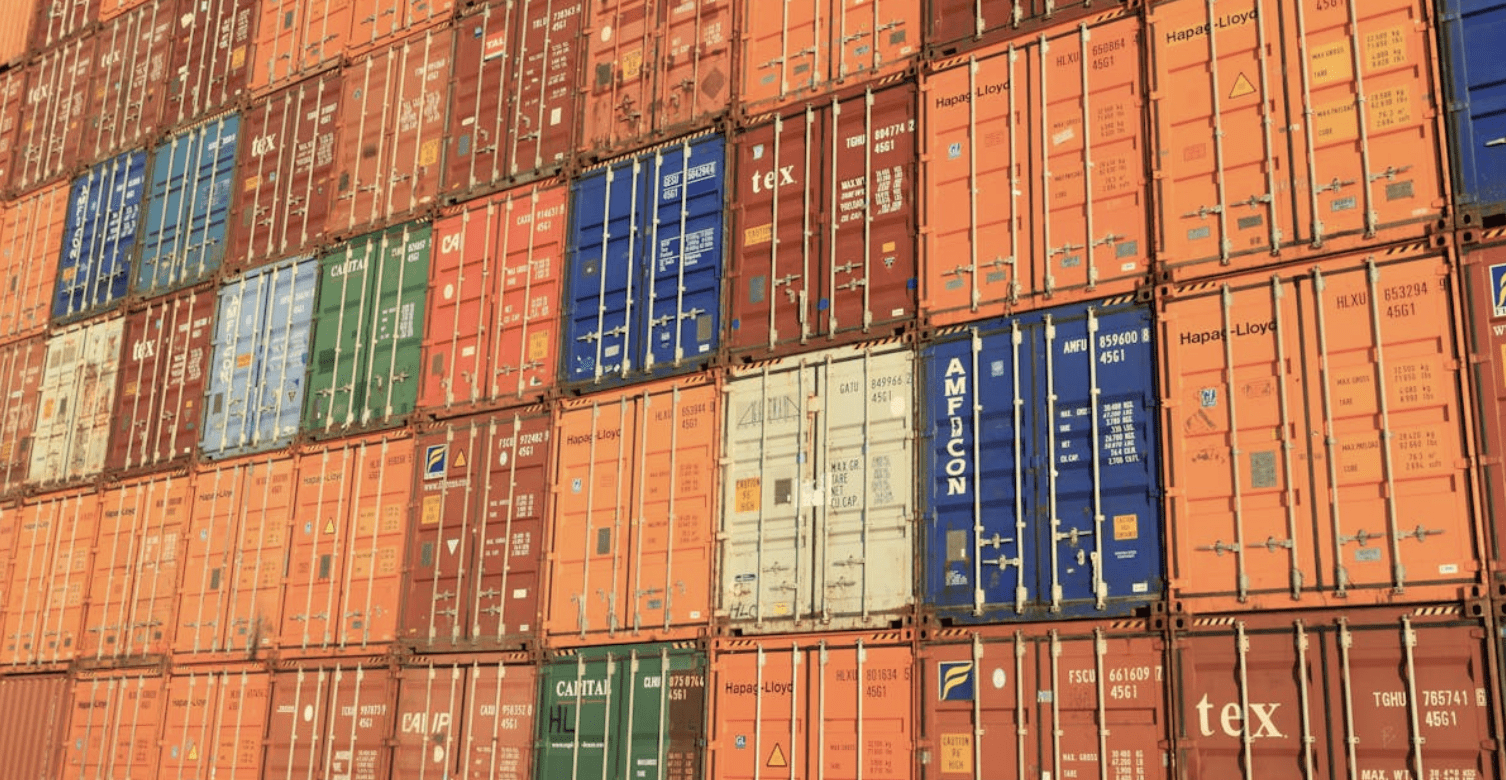The Opportunity for Canada in the Trump Tariff Crisis
 Pexels
Pexels
By Perrin Beatty and Fen Osler Hampson, co-chairs of the Expert Group on Canada-US Relations.
January 17, 2025
While Donald Trump’s second presidency is generating anticipatory anxiety in capitals across the world, here in Canada, all eyes are on January 20 awaiting an answer to a very specific question: “Will he or won’t he?”
Will Trump really levy an across-the-board 25 percent tariff on Canadian and Mexican goods?”
By now, it should be clear to Canadian observers that Trump means business and tariffs are coming. That was the message Alberta’s Premier Danielle Smith brought back from her trip to Mar-a-Largo, Trump’s Palm Beach estate.
But the form those tariffs may take is still very much a matter for discussion between Trump and his team. Some in his group are arguing for selective tariffs that don’t harm American consumers and contribute as much to inflation.
An Angus Reid survey published Thursday showed that the tariff plan is no more popular among Americans than it is here in Canada. In the U.S., 26% support the 25% tariff on Canada, while 50% oppose it. Among Trump supporters, the idea initially polls at 53% support and 19% opposed. When potential impacts on American consumers are factored in, enthusiasm dissipates and 49% oppose the tariffs.
That may be small comfort, given Trump’s musings that the US doesn’t need Canadian energy or natural resources — a claim that American refiners of Canadian crude in Texas and Louisiana, and consumers of Canadian electricity in Northeastern states might question.
At a meeting this week, Ottawa and the provinces talked tactics, tariffs, and Canada’s retaliatory response. On Friday, early details of a counter-tariff package were reported by Radio-Canada and CBC; an initial round of $37 billion in tariffs on US goods, ramping up to $110 billion if necessary.
Whatever the numbers, our actions should be governed by the following two principles:
The first principle is to “do no harm” to Canadian producers by compounding the pain with export duties and embargoes. Let American consumers of our exports howl, as they surely will, when they see what Trump is doing to their pocketbooks. Remember that Americans will be paying Trump’s new tax, not us.
Also bear in mind that US demand for our energy, softwood lumber, and other key resources is largely inelastic (i.e., when the price goes up American demand will essentially stay the same). In what is already an unusually cold winter, US demand for our energy is going up, not down. They will also need our softwood lumber to rebuild the thousands of homes and businesses in California that have, tragically, been destroyed by wildfires.
When we retaliate, we need to be smart about it and target US producers of goods and services — like beer, wine, Netflix, Amazon Prime — that we import but which Canadian consumers can either do without or consume less of. We might also want to target US big tech oligarchs — Trump’s latest and biggest fans — by eliminating tax deductions for business advertising on online platforms. That will hit hard and other countries like those in the EU will take notice because they will also be looking to ways to retaliate if Trump hits them with tariffs, too.
The second principle is never let a crisis go to waste. Canada’s provincial premiers should move quickly to eliminate interprovincial barriers to trade and mobility of workers. Why? Those barriers cost us billions in the form of higher prices and job losses. Their complete removal would boost GDP by 4 percent or more.
Now is also the time to build new pipelines and upgrade our ports, roads, airports and railway lines to move goods and people more efficiently and diversify our exports markets, especially when it comes to selling our energy and natural resources to Europe and the rapidly growing economies in Asia who want to do business with us. There are investors waiting in the wings, but Ottawa and the provinces will first have to eliminate the regulatory jungle that is strangling our growth and productivity.
The only thing that is stopping us from turning a pigs’s ear into a silk purse in this crisis is ourselves.
The Honourable Perrin Beatty, PC, OC, is the former President and CEO of the Canadian Chamber of Commerce and served as minister in seven different portfolios, including the Treasury Board, national revenue, solicitor general, defence, national health and welfare, communications and external affairs.
Fen Osler Hampson, FRSC, is the Chancellor’s Professor and Professor of International Affairs at Carleton University, and President of the World Refugee & Migration Council. He is the former Director of Carleton’s School of International Affairs and author and co-editor of some 48 books on international affairs.
